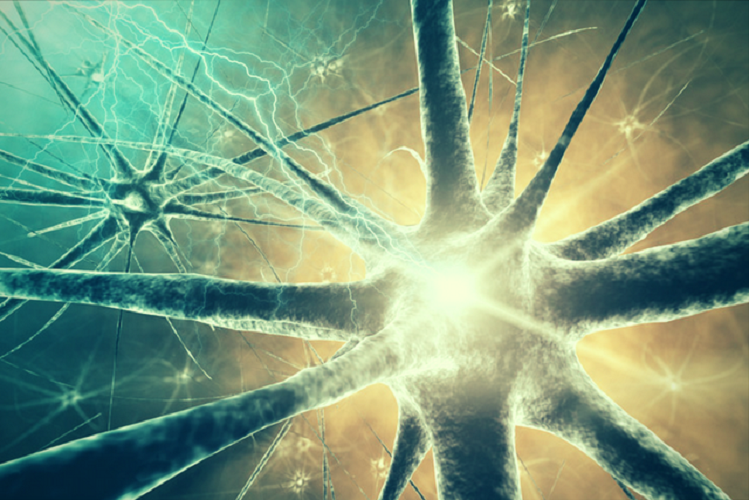News
Motor Neurone Disease: The Ongoing Battle
25/10/2017
Comprising of a group of conditions that affect cells within the nervous system, Motor Neurone Disease, or MND, ultimately leads to the degeneration of cells that form motor pathways – the ‘motor neurons’. These pathways produce and regulate movement by transmitting electrical signals from the brain and spinal cord to the muscles via synapses (connections); they control how we tell our body to move.
When MND occurs, these pathways and the signals they send get disrupted, leading to progressive paralysis (an inability to move). With these nerves not doing as they intended (motor neurones control some of the most important aspects of muscle usage) it becomes a struggle (for muscles) to perform basic tasks – such things as gripping, walking, speaking, swallowing and breathing. As the condition progresses, sufferers will find some or all of these actions increasingly difficult and eventually they can become impossible leading to fatal consequences without the correct care in place.
Currently, treatments aim to relieve symptoms in patients to improve quality of life rather than cure them of the disease (as this has yet to be discovered).
Steven Hawking, one of the most well-known people in the world was diagnosed with MND aged just 21. A recent film based on his life ‘The Theory of Everything’ told elements of the story around when he was diagnosed and the struggles that came forth surrounding this while studying at Cambridge University. It has seemed for many years like time was ending for the gentleman who had explained what it was, but he is now in a stable condition. Doctors are baffled as to why this is but believe it could be as he got it at such a young age that the condition has become in a dormant state.

Stem cells hold promise in research
Research into MND is continuous, and scientists are studying how to reverse the damage that MND causes to the nervous system. This is where researchers are excited about the potential of stem cells. Stem cells are basic cells that can ‘grow’ into any type of cell – whether that’s organs, bones or even motor neurones. Turning stem cells into motor neurons gives scientist a platform to test and experiment in specific conditions with an aim to cure the disease. This research into stem cells may be able to help regulate harmful immune responses or even produce growth factors that help neurons survive and repair themselves.
Approximately 10% of MND cases are inherited from parents to children while around 90% of cases there is no known reason.
If you want more information on how you can protect your child’s future health by banking their cells, get in touch with our friendly team today or order your free information pack.
